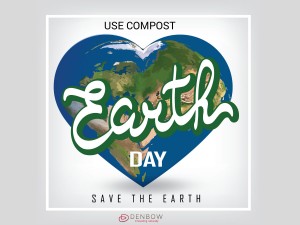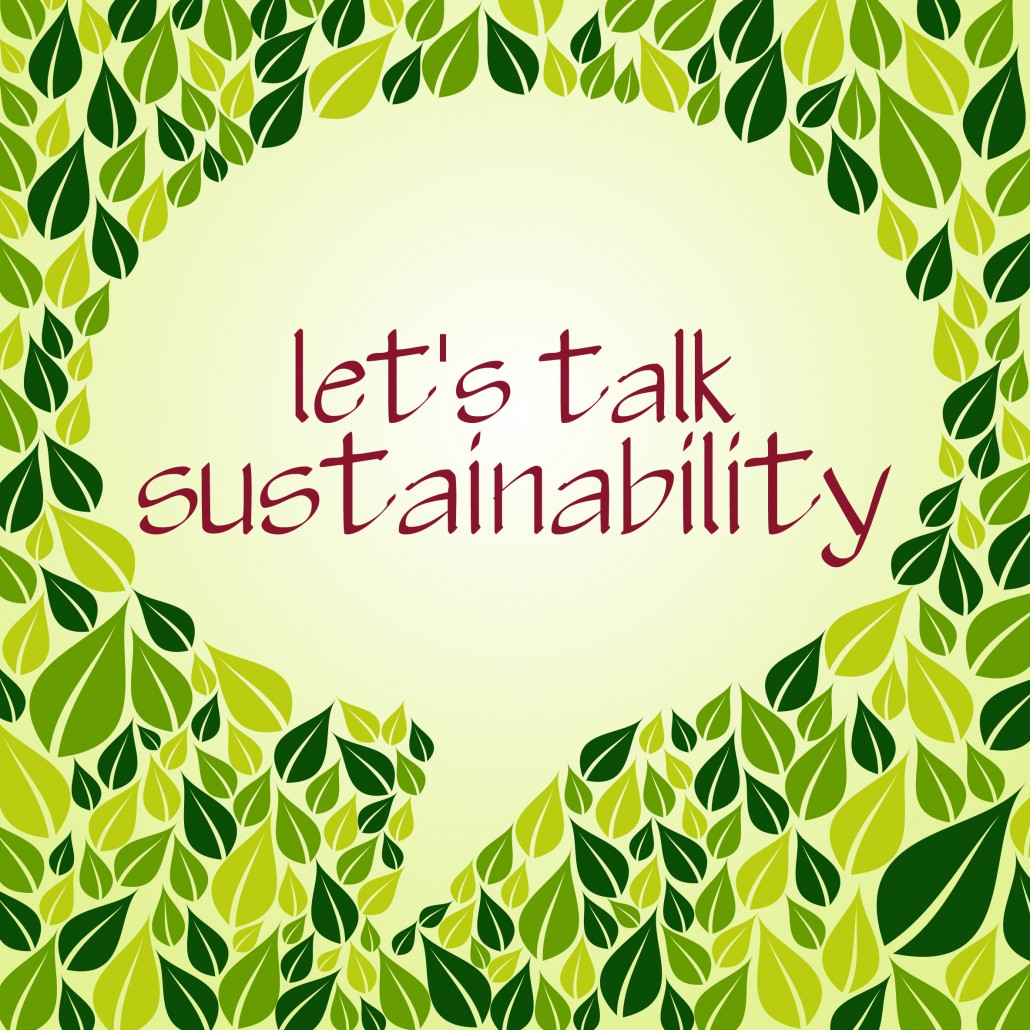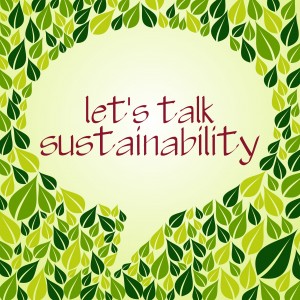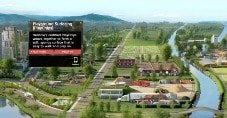Erosion Control vs. Sediment Control
The overarching principle of Erosion Control vs. Sediment Control is that it is much easier and cheaper to prevent erosion from occurring in the first place than to try and remove the sediment once it has eroded.
Erosion and Sediment Control is a rapidly changing field. Traditional approaches have been applied with varying levels of success over the years. In addition, there are a host of new approaches, practices, and proprietary products that should be shared, understood, and considered on construction and municipal sites. Sites can be sustainably managed by minimizing the impact of earthwork using proven erosion and sediment control measures..
Erosion Controls are source controls designed to prevent erosion from occurring. Solutions include seeding solutions like hydroseeding and terraseeding, wood chip mulch and rolled erosion control products.
Sediment Controls are downstream controls designed to remove sediment from runoff. Solutions include sediment fences and barriers, filter socks and other forms of mechanical filtration.
At the detailed design stage impacts can be minimized through efficient earthworks and erosion and sediment control measures. It is vital that development be successfully completed in balance with the natural environment.
The Erosion and Sediment Control Association of British Columbia is a non-profit organization is dedicated to increase the level of expertise in the Erosion & Sediment Control field throughout British Columbia. Their list of Best Management Practices are divided into Erosion Control and Sediment Control solutions that we think you will find useful.





